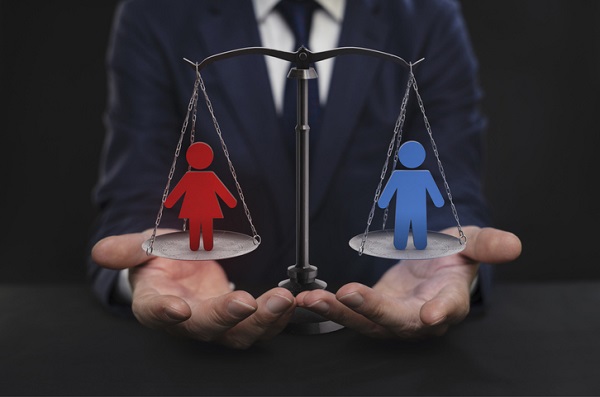
Gender equality is an important issue in any industry, with cannabis as no exception. More female entrepreneurs are entering the field, with many creating brands and products targeted specifically for women. As the female population of cannabis executives grows, opportunities for networking and support become more integral to the success of the industry. This is being addressed through empowering events, branding, and drawing attention to issues in research and development.
Read on for some of the ways you might encounter or participate in advocating for gender equality in cannabis retail.
1. Providing Networking Opportunities for Female Executives with Cannabis Retail Training
The cannabis industry is working towards promoting networking and mentorship opportunities for women within the field. This has led to the creation of spaces exclusively for women and non-binary people. Canndora Connect is a networking event for professionals working in cannabis. It prioritizes fostering female entrepreneurship in Canada. Collaboration is encouraged and the event aims to elevate female Cannabis leaders through:
- Support
- Inclusion
- Advancement
This could include graduates of cannabis retail training, who have decided to take on leadership roles in the industry.

Networking elevates female leaders in the cannabis industry
2. Addressing Gender Biases in Cannabis Research and Product Development
There is a bias towards male consumers within product development and testing in cannabis. Many consumers of cannabis are men, but they don’t represent the entire client base that you will encounter in retail. Women differ from men biologically in a number of ways, including:
Metabolism and Body Composition: Women generally have lower Resting Metabolic Rates (RMRs) than men, as well as a higher percentage of body fat compared to muscle. This means that most men will metabolize cannabis products faster than women. This could affect the ideal dosage or amount of other ingredients in orally consumed products.
Hormones: Since cannabis has been found to impact hormones, there are fundamental differences between biological men and biological women when testing for how THC impacts their hormones. Most research has been focused on biological men, for example with effects on testosterone. There is limited research on how products interact with hormones in women, for example the effect of THC’s interaction with prolactin in women. If more research is done, products can be tweaked to be optimal for more bodies.
This underrepresentation affects how products are developed and who they are best suited for, something you may notice after a successful cannabis retail application. With more people encouraging further clinical trials focused on women, this may change.

Cannabis research is missing female representation
3. Learning About Concerns Female Clients May Have
Women have cited discretion as a priority when using cannabis products, due to stigmas and double standards. Because of these differences, you may find that female clientele are interested in particular products, including:
- Lower dose teas
- Discreet salves and topical products
- Products that could improve wellness and address women’s wellness concerns directly
With the upcoming legalization of topicals and other products, there could be more products that appeal to women.

Teas can be infused with small doses of cannabis
Are you interested in a cannabis retail application Ontario submission?
Contact AAPS for more information!



